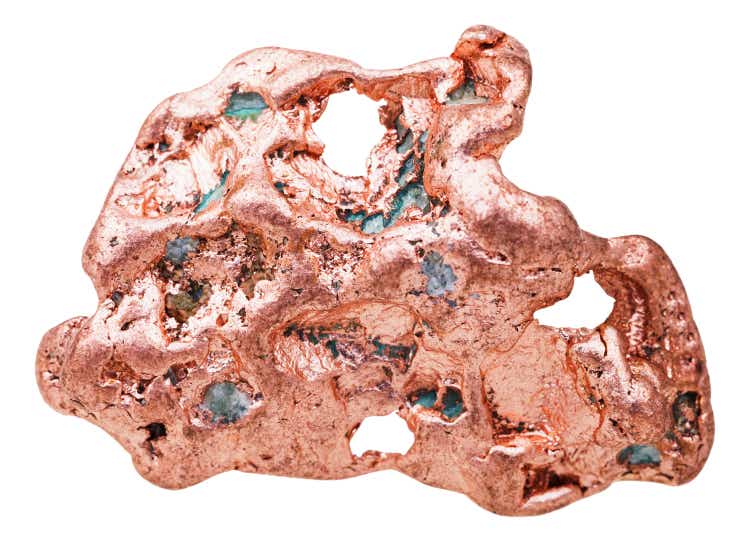Bailey and Matt Bomer co-star in this heady, tension-soaked, fantastic take on the Lavender Scare.
Ben Mark Holzberg/SHOWTIME
Welcome to Up Next, a recurring column keeping an eye on what’s new in TV. This week, TV critic Valerie Ettenhofer checks in with a review of Showtime’s Fellow Travelers.
Fellow Travelers introduces itself with a mass of bodies. The new Showtime series, one of the best of the year, features an archival footage-heavy opening credit sequence full of gay men in various states of amorousness, joy, and revolution. As Paul Leonard-Morgan’s stirring score plays, audiences see kisses with mustaches, playful poses in the grass, tweaked nipples, and more, all with one clear message: this is a historical story about men who love men, and no, it’s not going to be one of those saccharine respectability politics dramas about how queer people and straight people aren’t so different after all. This one? This one’s unapologetically gay from its first moment to its last.
The show’s vibrant introduction – punctuated, admittedly, with imagery that calls to mind a Cold War spy movie – starkly contrasts its painfully repressed premise. Fellow Travelers zooms in on America’s Lavender Scare, telling the story of McCarthy-era politics and their far-reaching repercussions through the lens of closeted government workers for whom sexual identity is framed not as a personal matter but as a matter of national security. During the real-life Lavender Scare, thousands of LGBTQ+ civil servants were dismissed from their jobs. At the same time, many more people (straight and gay alike, as moral panics are undiscerning) were harassed by intrusive, extensive investigations into their personal lives. The stakes were high: as Fellow Travelers shows, outed men could lose not just careers but also families and, if driven to suicide or subjected to hate crimes, their lives.
It’s against the backdrop of this constant drumbeat of terror that viewers meet Hawk (Matt Bomer) and Tim (Jonathan Bailey), a fictional duo (the miniseries is based on Thomas Mallon’s 2007 novel) who strike up a steamy sexual relationship despite working close to Joseph McCarthy himself. The pair couldn’t be more different; religious Tim’s chipper idealism and yearning for a moral center is countered by Hawk’s practiced coldness, a deep and borderline sociopathic tendency that aligns Bomer’s performance with Jon Hamm’s turn on Mad Men. Like Don Draper, Hawk is also effortlessly sexy and casually domineering; from the start, his relationship with Tim is as kinky as it is complicated.
The series cuts back and forth between several periods, rooting its story in the 1950s before revisiting both parties later in their lives and American history. Most notably, Fellow Travelers takes part of its action to ‘80s San Francisco, where the AIDS epidemic is rampant, and the government that was once obsessed with rooting out gay men now can’t be bothered to acknowledge that they exist. The series also wisely pulls focus from Tim and Hawk in order to tell a second story about their friend Marcus (Jelani Alladin) – a Black DC journalist – and the drag queen (Noah Ricketts) he falls for. Meanwhile, Girls star Allison Williams plays Hawk’s childhood friend and eventual wife, while Chris Bauer and Will Brill both plaster on prosthetics to embody McCarthy and his bulldog of a lawyer, Roy Cohn, respectively.
The cast does not have a particularly weak link, but Bailey’s performance is especially revelatory. Historical miniseries are a dime a dozen, but they don’t always feel as alive as Fellow Travelers. There’s often a certain doggedness to the presentation of information or a dumbing down of historical or cultural complexities for the sake of mass (straight) audiences. This show has none of that. Part of this comes from the fact that Philadelphia and Homeland writer Ron Nyswaner created the series (it crackles with the sharp edit and political thriller energy of something like Homeland or The Americans), but much of it comes from Bailey. The actor has already proven himself an impressive on-screen presence with projects like Bridgerton, and his theater bona fides are well-established, but his turn in Fellow Travelers still feels like a career-maker. His Tim is innocent but never naive, idealistic but never foolish, and at once resilient and vulnerable. While easily straight-passing Hawk seems determined to conquer the D.C. political world – and his own life – with a sense of masculine bravado, Tim can’t help but reveal himself again and again through his love. Bailey wears it all on his face, and it’s a performance that’s unforgettable.
Fellow Travelers is a potent cocktail of cutting drama and heady romance. The suffocating environment its lead characters navigate to survive is countered by the moments when they’re well and truly free together. The show’s sex scenes are frequent and varied – sometimes filthy, sometimes tender, sometimes playful or sad – and often do more to characterize the central pair than their conversations do. When Hawk and Tim do say what’s on their mind, though, the show’s scripts possess a sense of emotional honesty that will level you. That might be the best way to describe the cumulative effect of Fellow Travelers, an impressive and rewarding show that unspools beautifully over decades of its characters’ lives: it will level you in the best way.
Related Topics: fellow travelers, Up Next

Recommended Reading















